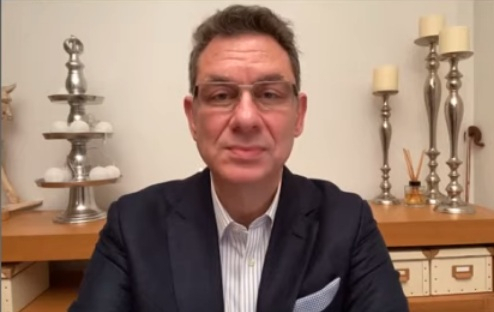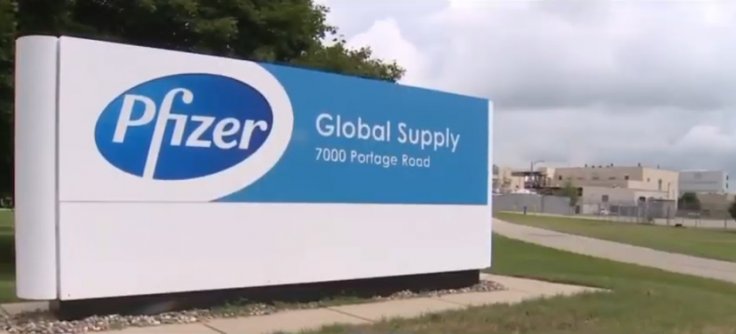On Monday, Pfizer announced that its much-hyped Covid-19 mRNA vaccine had so far proven to be 90 percent effective in its late-stage clinical trial. Following that, Wall Street went on a rally, as investor confidence got a boost that the economy may finally recover if a vaccine comes to the market in the coming days. Interestingly, the same day, Pfizer CEO Albert Bourla sold off 60 percent of his stock in the drug company for a whopping $5.6 million.
This has raised eyebrows given that the announcement and the massive stock selloff, many believe, cannot be just a mere coincidence. Now, questions are being raised if the stock selloff was nothing but a well-planned act of insider trading. Understandably, there are reasons behind raising such a question as a similar incident occurred at Moderna when two of the company's top executives sold off shares just a day after unveiling a coronavirus vaccine candidate. However, the Securities and Exchange Commission filing clears a lot of doubts.
Coincidence or Insider Trading?

Shares of Pfizer and European drugmaker BioNTech soared on Monday following the announcement of the success of its vaccine candidate. And hours later Burla sold off 132,508 Pfizer shares at $41.94 a piece. The company's executive vice president and chief corporate affairs officer, Sally Susman, also sold more than 43,000 shares worth $1.8 million. Now, there are ample reasons to raise doubts about the timing of the selloff.
In fact, the timing of Pfizer's vaccine announcement has already been questioned by Donald Trump Jr., who on Tuesday tweeted: 'The timing of this is pretty amazing. Nothing nefarious about the timing of this at all right?'
Pfizer on the other hand cleared on Wednesday that it wasn't either a coincidence nor had got anything to do with insider trading but was part of a regularly scheduled plan adopted by Bourla on August 19. 'The sale of these shares is part of Dr. Bourla's personal financial planning and a pre-established (10b5-1) plan, which allows, under SEC rules, major shareholders and insiders of exchange-listed corporations to trade a predetermined number of shares at a predetermined time,' Pfizer said.
Simply Pre-Determined

However, still a lot of doubts remain about the timing of the sale. Pfizer had said in September that the company would more or less be sure if the vaccine it is developing was effective by the end of October, a deadline that fit with Trump's promise to find a vaccine that worked before the November 3 election.
Pfizer missed the deadline marginally and the announcement was made just days after the results were announced. Stock markets touted the announcement has "great news" but everyone forgot about the timing of the announcement. But even then the stock sell off cannot be questioned anymore as a Securities and Exchange Commission filing clears most of the doubt.
Bourla sold his shares under SEC rule 10b5-1, which allows company insiders to sell a predetermined amount of stock on predetermined dates. All 10b5-1 plans must be established when the insider does not have access to "material nonpublic information," the rule states.
Pfizer said that the sale took place because the company's shares hit a predetermined price as part of a plan and it came on the day of the announcement of the vaccine's success that saw its share price jumping over 8 percent.
A major reason behind questioning the timing of the selloff comes after a similar incident happened at Moderna in May when two of drugmaker's top executives quietly sold off nearly $30 million worth of stock a day after it unveiled a coronavirus vaccine. The share of the company skyrocketed before experts cast doubt on the vaccine's success and sent the stock tumbling.








